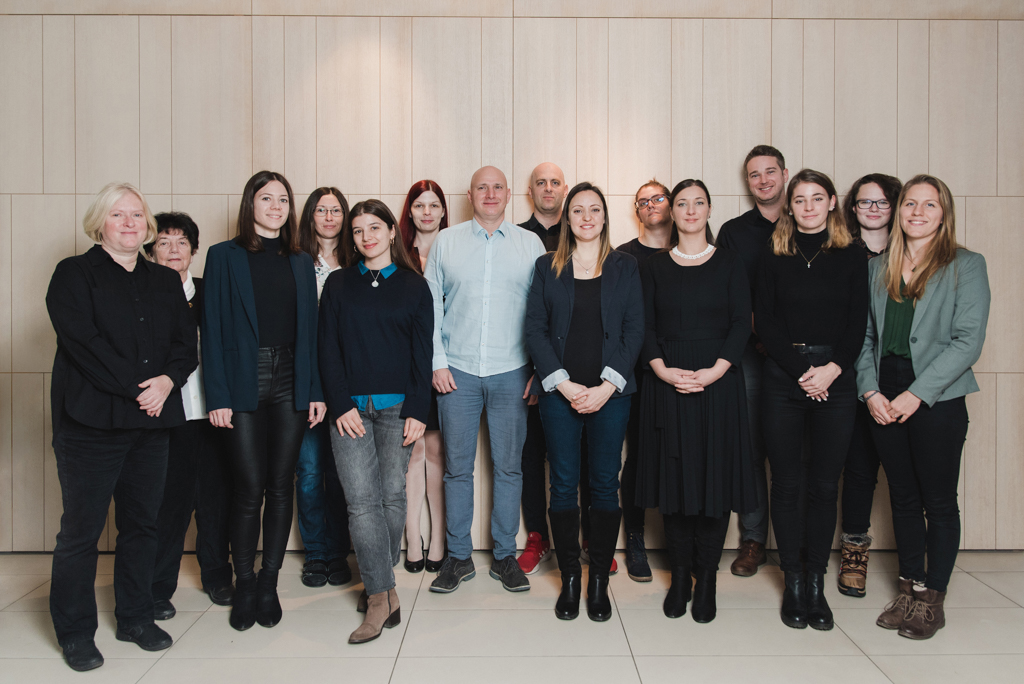Aims of our work
Inflammatory processes are key contributors to brain diseases. This is mediated by complex interactions between neurons and specialized glial cells in the brain, and the bilateral cross-talk between the immune- and the nervous system. We believe that the lack of effective treatment for the majority of neurological diseases could be partially due to the fact that the mechanisms of neuroinflammatory processes have not been satisfactorily understood. Our research group aims at understanding the mechanisms through which inflammatory processes contribute to brain injury, to identify novel therapeutic targets. Several projects in the laboratory focus on microglia, the main immunocompetent cell type in the brain, which monitor neuronal activity and contribute to the elimination of injured cells and synapses. However, a growing body of evidence suggests that microglia play a fundamental role in the maintenance and functioning of neuronal networks, therefore the physiological roles for microglia-neuron interactions are also being investigated. Cutting edge methodologies, including selective microglia manipulation, two-photon- and superresolution microscopy, electrontomography, flow cytometry and various in vitro and in vivo models of neuroinflammation are established in the laboratory. Since altered microglial activity is linked with pathophysiological changes at the early stages of most neurological conditions, our studies could have diagnostic or therapeutic potential in human brain diseases.






